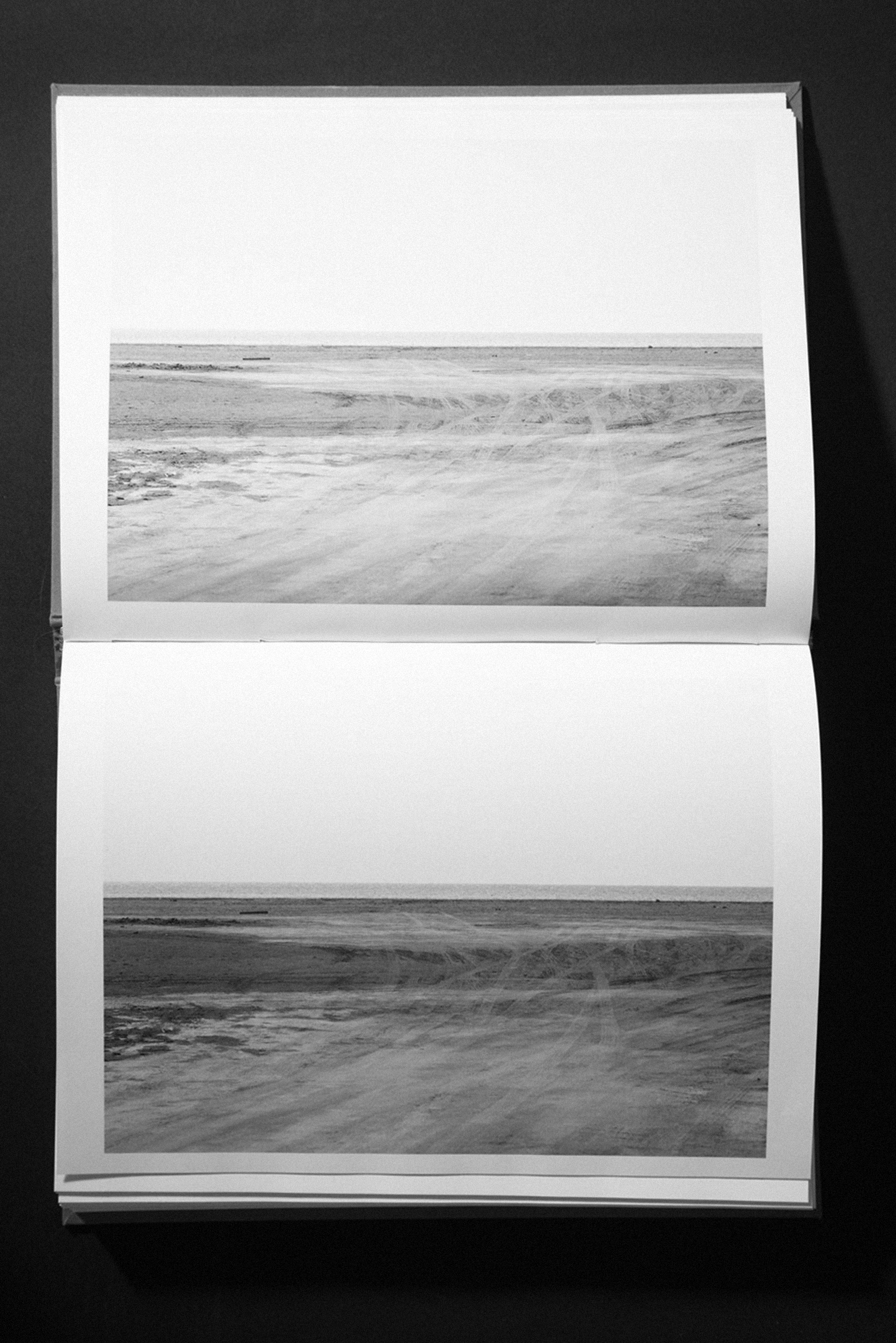
On line broadcast: https://www.youtube.com/watch?
The economic exercises on the body (also on the body produced by what we usually call art) describe an inseparable drift from modernity, from Sade to the apparent autonomous productive closure that speculative aesthetics gives it. This presentation aims to go through some of these modes of body, leading to the book (as a body), writing (as a body) and letter (as a body). What space (if space is a mode of body or of housing bodies) is the book for the distribution of the body of art, in a reality stretched by the institutional control of spaces? What mode of body is the book - this tattooed multifoliate - as a politics? What position does it take in times of reduced virtuality?
Albert Corbí (1976) has been developing a work around the photographic technology of image production and its epistemological-political limits throughout several projects that have been exhibited in institutions such as IVAM, MUSAC, Centro José Guerrero, Casa Encendida, etc. His work seeks to investigate the modern project of reduction to a technical unit, of the economy of virtuality, and the participation of this synthesis and use in post-colonial flows of global drift. Throughout his development he has analyzed spaces mediated (or in production) by virtuality, such as the last margins of globalization (isolated communities in Amazonia), or the transit fissures of the movement of bodies for work on the edge of migration to Europe from Africa.
